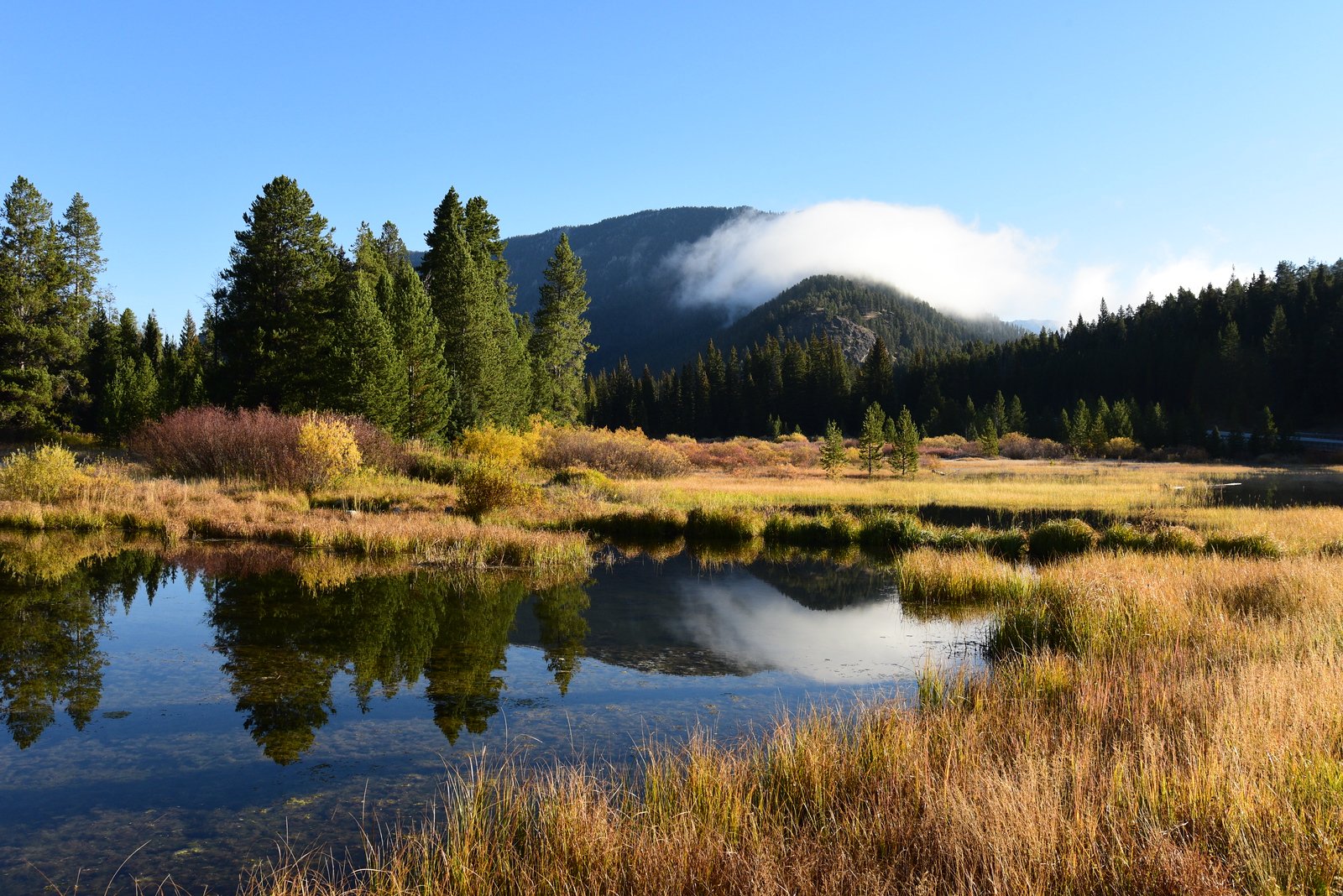
FAQS
-
Raynolds Pass, elevation 6,844 feet (2,086 m), is a mountain pass on the Montana-Idaho border in Madison County, Montana. The pass is on the Continental Divide and is traversed by a state highway (Idaho State Highway 87 and Montana Highway 87).
-
Zoning defines how the land in a specific area will be used and what purposes the zoned land can serve. It can keep a residential district residential, a commercial district commercial, an industrial district industrial, and so on. By managing the use of the land and the activities on it, property value considerations such as water availability, public health and safety protections, and the other attributes which make the zoned area desirable, are preserved through an intentional plan. Current and future property owners have a common set of land use guidelines enforced by the county.
-
No, this zoning initiative will not prevent rentals of your home. However, under the tenets of the proposed concept for Raynolds Pass zoning, lodgings and spaces created for the sole purpose of renting would not be allowed if they are defined as commercial enterprises by the state, such as hotels and RV Parks.
-
No, this zoning initiative will not tell you how to rent your home. Regardless, please consider that your home is in a residential area, it reduces wear and tear on neighbors if the rental is for a minimum of one week and the renters follow rules that preserve the rights of neighbors to peaceful enjoyment of their home and private property.
-
No, this zoning initiative will not interfere with your right to divide your property amongst immediate family members, please see Montana Code 76.3. Part 3. A link to the code can be found on the Resources section of this website.
-
Zoning does not change covenants. Zoning is a legal definition of land uses within a defined district. Covenants are specific rules which may be attached to a property purchase. If there is a conflict between the zoning and covenant rules, the more restrictive of the two applies.
For example, if a covenant states that property owners may dispose of their petroleum products, a hazardous material, on their property. Then, a zoning regulation states that hazardous materials must be disposed of in approved containers according to city, county or state regulations and disposed of at authorized sites. The property owner is required to adhere to the zoning regulation, not the covenant..
-
This zoning initiative will support protection of the public health and safety, wildlife, wildlife habitat and corridors and connectors in the zoned district by defining accepted uses of the land within the zoning district. It provides for consideration of surface and ground water by maintaining the current state of agricultural and rural residential land use. Commercial development would not be permitted. Existing neighborhood businesses will not be affected. Small home-based businesses will be permitted as they are today. New construction and expansion must adhere to the Madison County permit process and Subdivision Regulations as always.
-
Headwater Economics, in a report published in May of 2023, analyzed and described the nature of the growing pressure on amenity communities such as ours at Raynolds Pass.
“More than ever, people are visiting and moving to places with inspiring natural amenities: forests, lakes, beaches, trails, and wildlife. Local and state governments, recognizing that promoting outdoor recreation can be a powerful way to diversify economies, have devoted billions in funds to encourage more tourism and investment. Yet rapidly growing outdoor recreation economies can also come with serious drawbacks.
For many places the influx of tourists and new visitors is creating profound problems. Housing has become unaffordable, forcing long-time residents out and contributing to labor shortages. Infrastructure, municipal finances, and community well-being can be overcome by a wave of unexpected growth and fraught public discourse.
The paradox of a place with natural attractions that make it a great place to live but also threaten it with being “loved to death” is known as the amenity trap.” https://headwaterseconomics.org/outdoor-recreation/amenity-trap/
-
Follow update at the website. https://protectthemadisonvalley.org
Please submit additional questions to us via info@preserveraynoldspass.org
